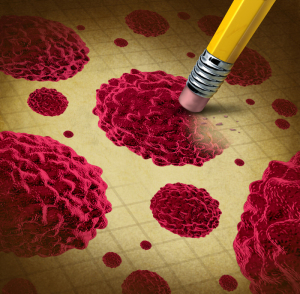por
Christina Hwang, Contributing Reporter | May 26, 2016

Damaging cancer DNA while
immune system homes
in on tumor cells
Radiation along with immunotherapy may help fight melanoma, one of the most aggressive forms of skin cancer, a new report in the Journal of Radiation Oncology has shown.
Dr. James Welsh, professor in the department of radiation oncology at Loyola University Chicago Stritch School of Medicine, and colleagues, analyzed previous studies to summarize what the research to date has shown.
Radiation kills cancer cells by damaging their DNA while immunotherapy helps a patient’s immune system to attack and kill cancer cells, and when combined, the two therapies appear to work together to help patients.




Ad Statistics
Times Displayed: 22442
Times Visited: 454 Stay up to date with the latest training to fix, troubleshoot, and maintain your critical care devices. GE HealthCare offers multiple training formats to empower teams and expand knowledge, saving you time and money
“It is possible that adding highly targeted, high dose-per-fraction radiation therapy could somehow enhance the efficacy of cancer immunotherapy by acting as a ‘vaccine’ of sorts, enabling the immune system to recognize the malignant cells it previously could not see,” Dr. Welsh told HCB News.
An observation that shows the role of the immune system in melanoma is the abscopal effect, where a localized treatment such as radiation shrinks not only the targeted tumor but also the tumors outside of the radiated area.
Dr. Welsh had treated a patient with radiation to shrink the tumor in the patient’s thigh bone, according to the announcement, in order to reduce pain and risk of fracture. Three months later, however, a CT scan found no trace of the cancer cells — an extremely rare but not unheard-of result.
Additionally, doctors reported that radiation is increasingly being used alongside “checkpoint inhibitors”, which allow molecules to be activated on specific immune cells to start an attack on foreign cells, and the combination of these treatments have had notable results.
However, even with the success rates of radiation and immunotherapy, not all patients are able to fight off the melanoma cancer cells. The doctors believe that it is important to discover proteins or other biomarkers since they can help quantify how well experimental therapies are working.
“Although there is still a very long way to go, hospitals and health care facilities should be monitoring the continuous progress being made in the area and be able to step in if the data warrants it,” said Welsh. “In many situations, the new data is leading to FDA approval of new indications and new agents on a regular basis.”

